History Subject Leader: Mr M Mallinson
History helps our pupils to appreciate the complexity and diversity of human societies and development. Pupils are given the opportunity to look back at human experiences across time and place, to fully understand their place in the world; exploring rights and wrongs, morals and ethics.
Intent
History at Shorne aims to inspire children’s curiosity to know more about the past and encourage them to be inquisitive. We develop pupil’s curiosity and imagination, helping them appreciate how the world and its people have changed over time. We provide them with deep knowledge and opportunities to consider links between historical eras to allow them to consider and understand themes which have repeated throughout.
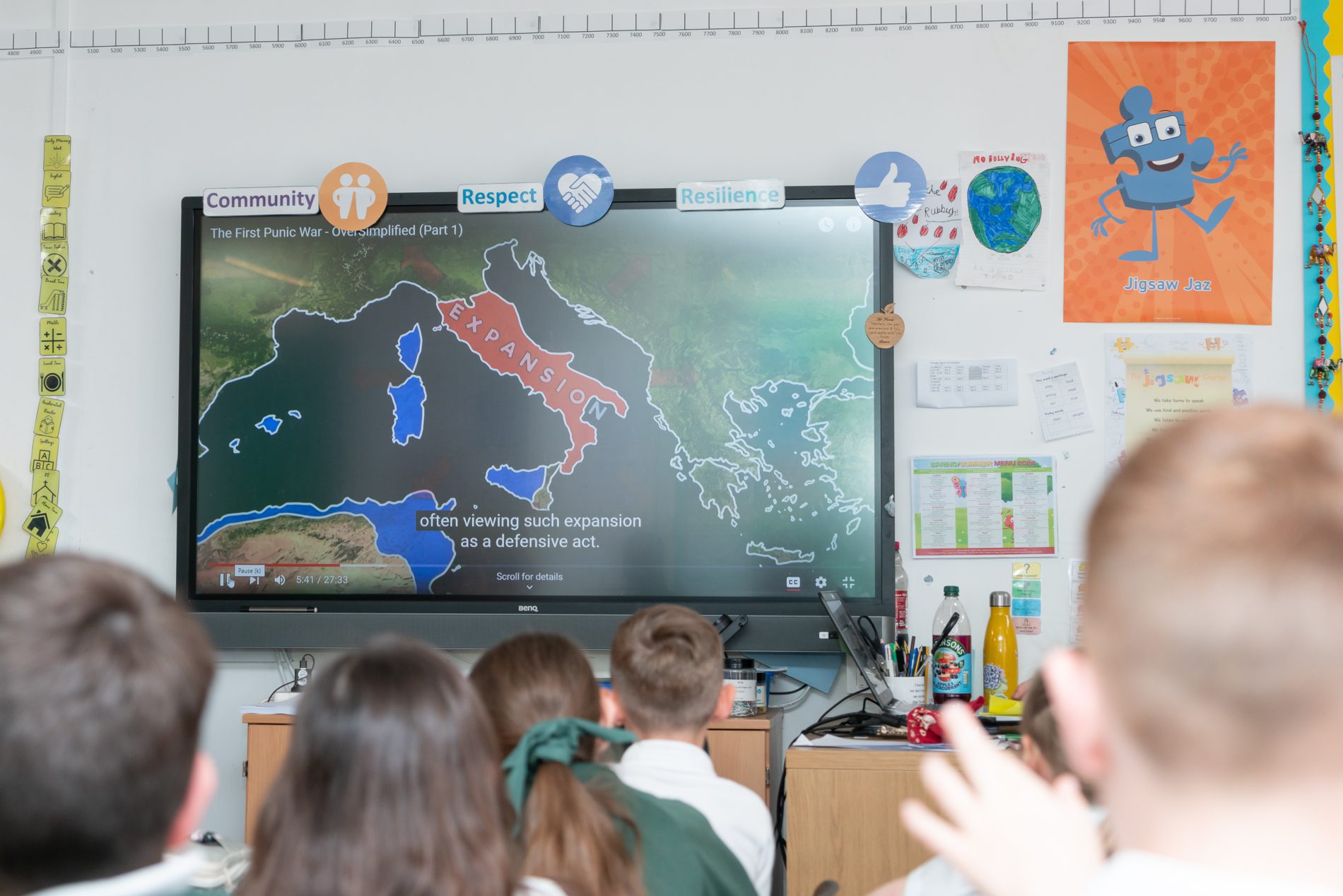
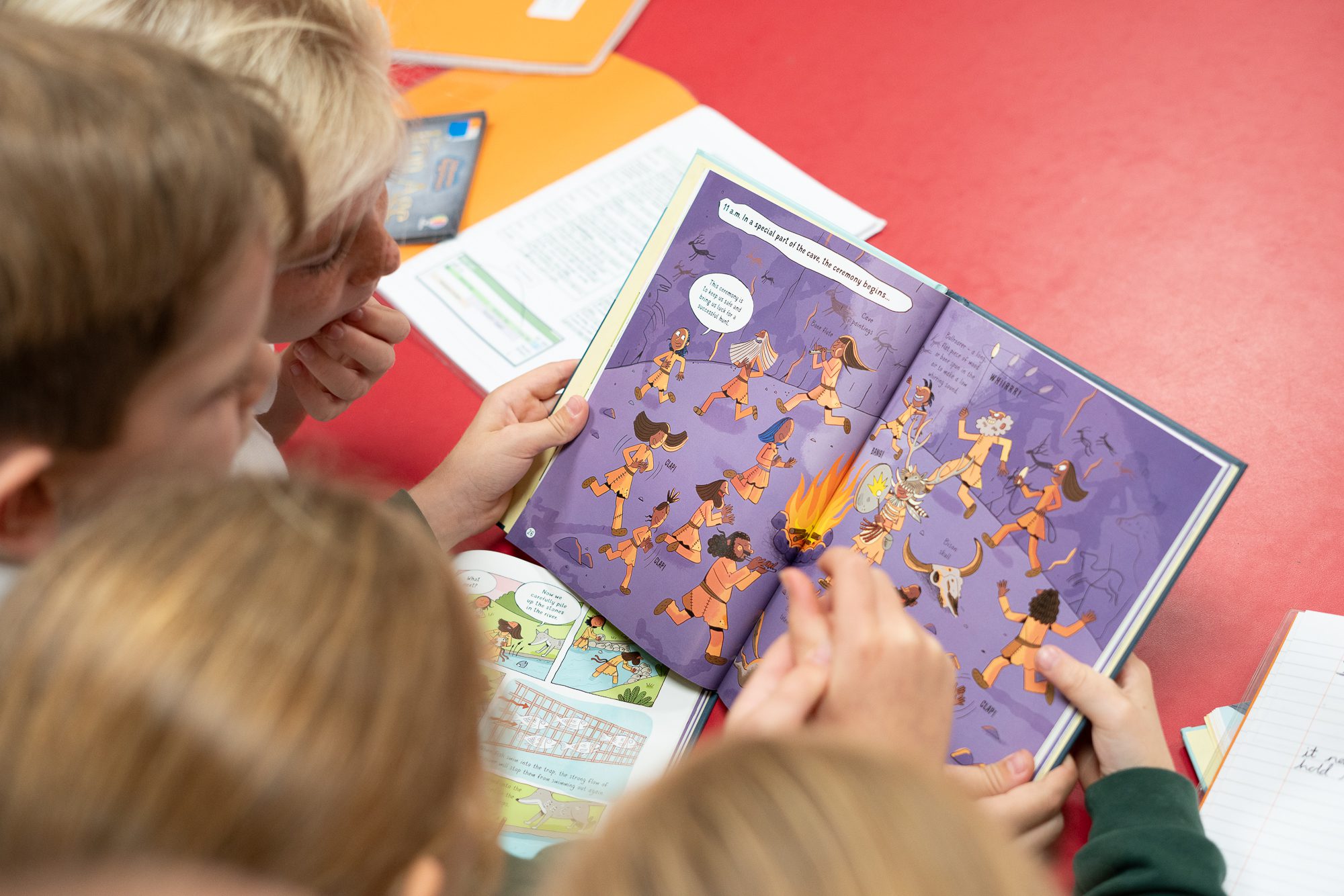
Implementation
Children are taught chronology in order to develop a sense of identity and a cultural understanding of historical heritage. This enables our children to learn to value their own and other people’s cultures in modern multi-cultural Britain. Our curriculum ensures children understand the actions of important people and enable children to learn about significant events in History, whilst appreciating how things have changed over time.
Children are taught about aspects of local, British and Ancient History. Through a well-sequenced curriculum which promotes deep thinking, the teaching of History equips children to ask perceptive questions, think critically, weigh evidence, sift arguments, and develop perspective and judgement. Our curriculum revisits learning during milestones at a deepened level to embed knowledge and promotes analytical, comparative and evaluative thinking.
Impact
Our ambitious, sequenced and progressive curriculum inspires children to become independent, inquisitive learners who think and act like historians, striving to learn more about the past. Children are able to successfully make links between eras of history and acquire levels of knowledge and historical enquiry skills to support future learning.
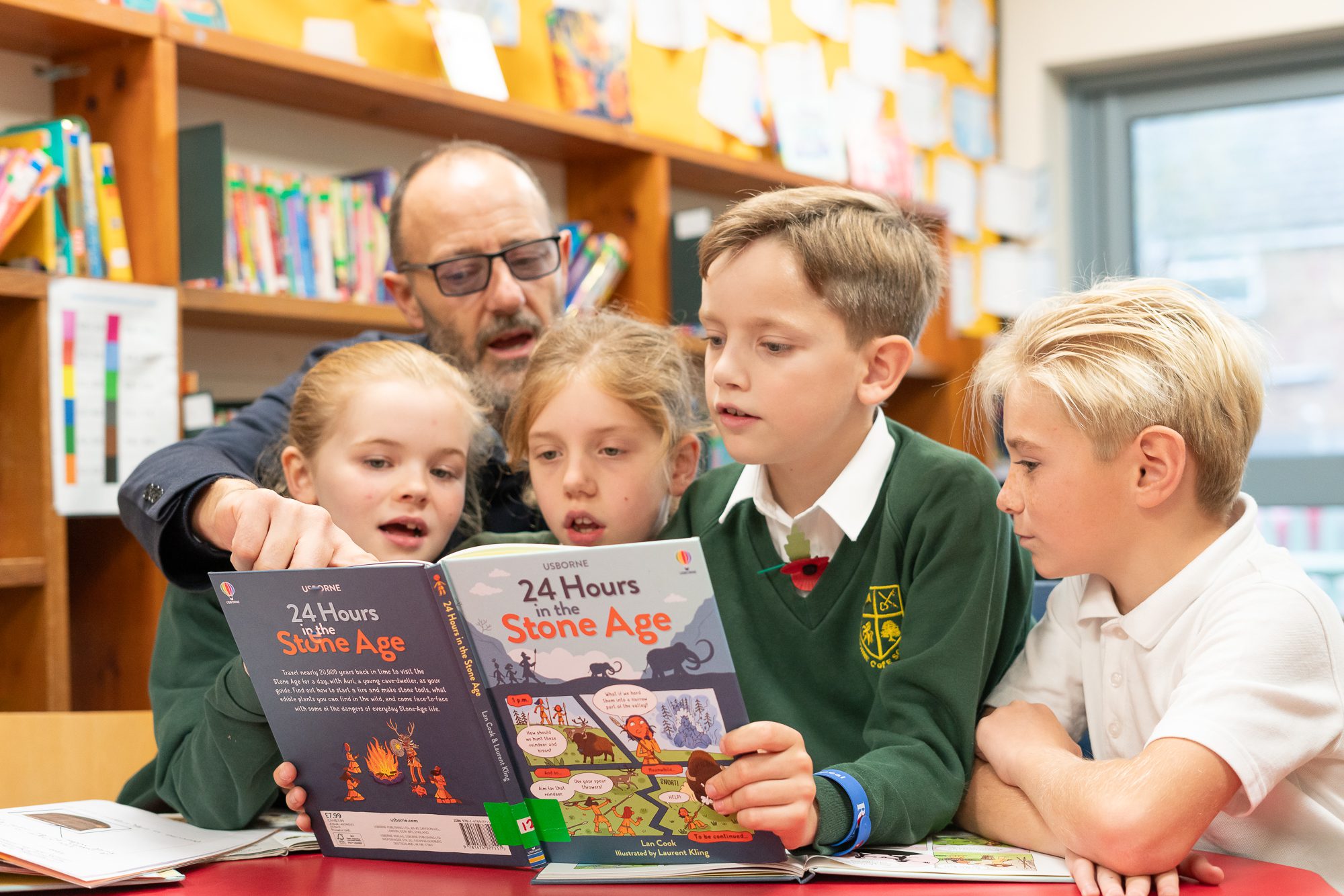
History in Each Stage
Children will be able to ask and respond to simple questions about the past using simple source materials such as photographs and begin to describe similarities and differences between historical artefacts. They begin to order artefacts and pictures, using simple vocabulary to describe the passing of time. They study the importance of a local historical place or landmark and learn about a significant historical figure.
Children will be able to ask and answer questions using a range of source materials and use stories of famous historical figures to compare aspects of life in different times, beginning to understand cause and effect by looking at what happened as a result of significant individual actions. They order events in a period of history and begin to recall the dates of important festivals or celebrations. They describe how their own lives are different from past generations and look at changes within the local area.
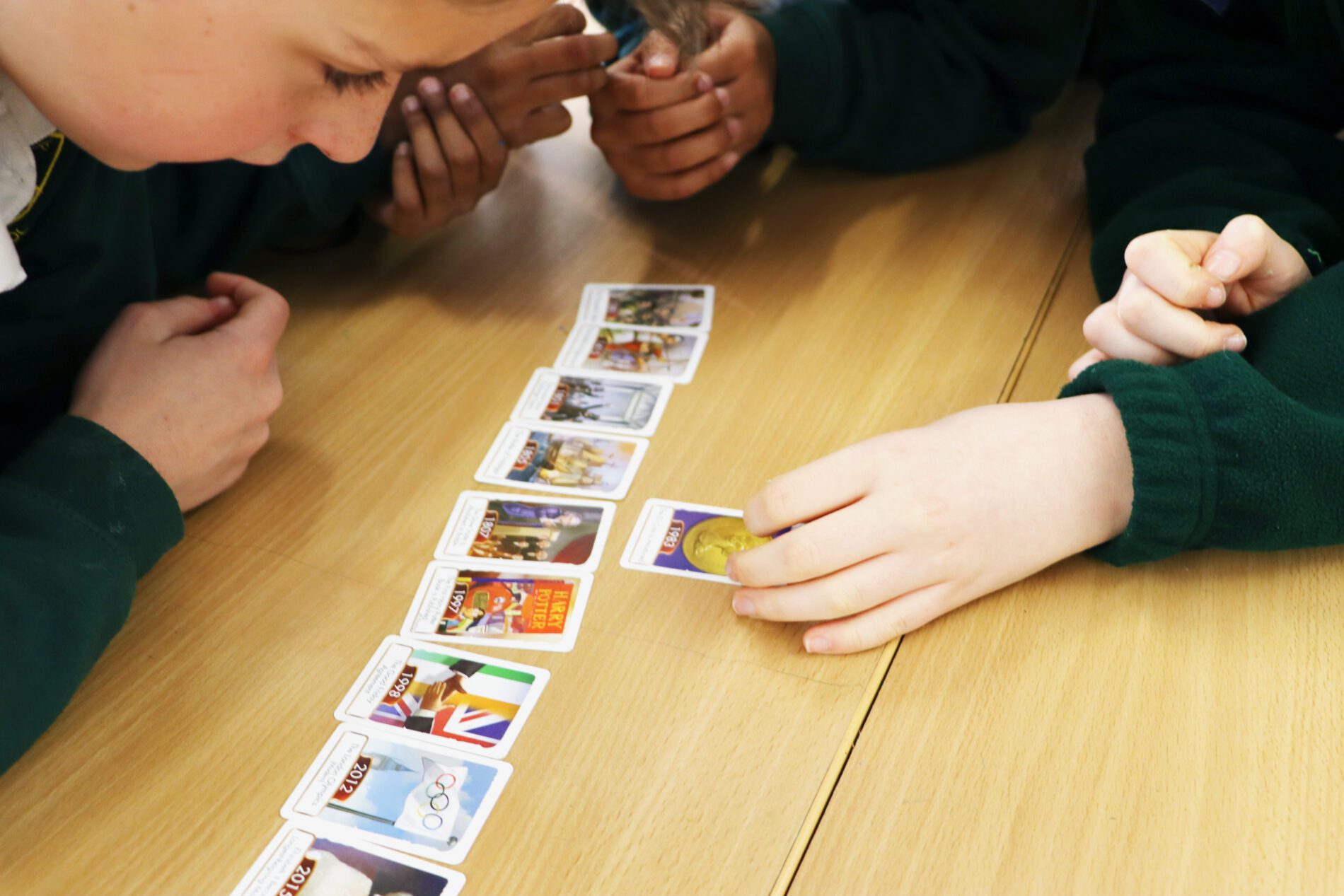
Children will be able to suggest useful research questions and choose the most important source material for a task, showing an awareness of a range of sources. They use labelled diagrams, recounts, stories, diaries and pictures to illustrate an understanding of historical events and famous people and use appropriate historical vocabulary to describe key features of a time period. They describe some of the main changes in Britain resulting from an event such as an invasion or war and explain how a significant figure of a period influenced change, expressing an opinion on whether a person or event had a positive or negative impact on life in Britain.
They will acknowledge different points of view expressed and explain why these are important in understanding and interpreting history. They will be able to make connections, draw contrasts and identify trends in two or more periods of history and provide reasons for, and describe outcomes of, the main events and changes, showing factual knowledge of aspects of Britain and the wider world.
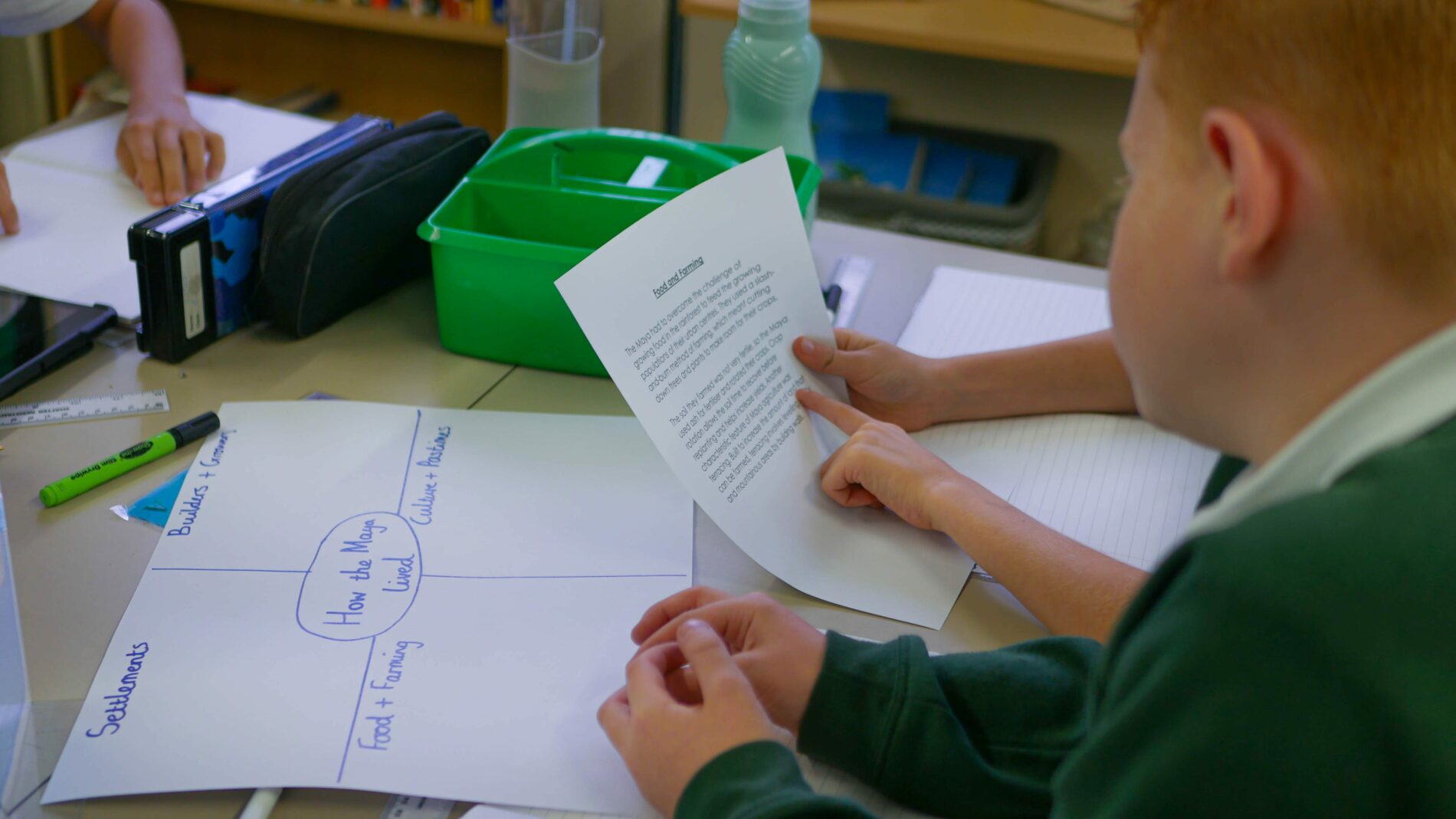
History Progression
Assessment
Teacher assessment is ongoing and forms part of our planning process in all subjects. Pupils’ attainment in all subjects is tracked 3 times per year against teacher assessment frameworks.
SEND Information
Interventions, support, and challenges are constantly revised and adapted to ensure all children are supported in achieving learning. Learning is robustly and continuously monitored and assessed to ensure gaps in learning are addressed. Teachers and support staff offer adaptive teaching to enable access for all, and may provide scaffolds, pre-teaching, and other support and intervention, as outlined in the Kent Mainstream Core Standards. Pupils may also be supported to access learning through the use of Clicker software.
History Resources

